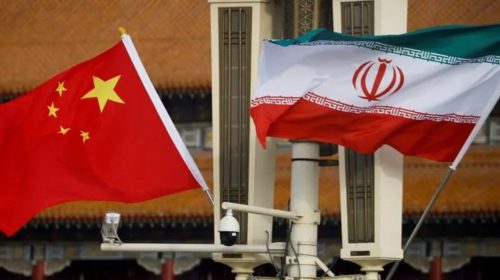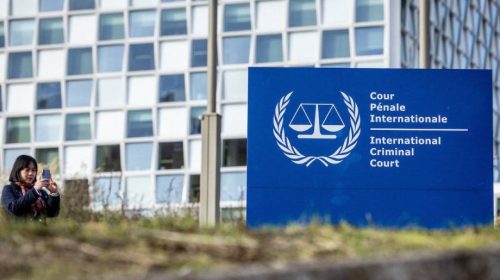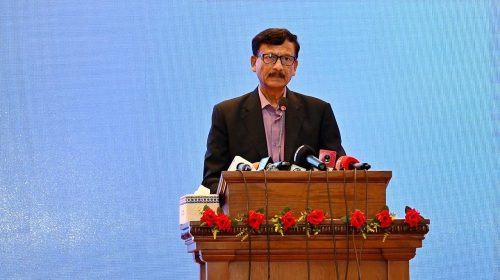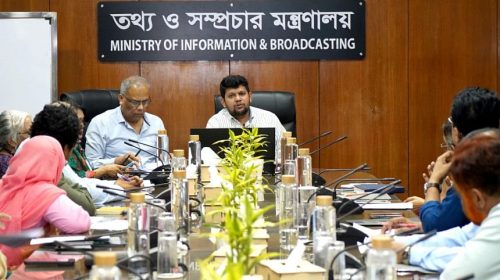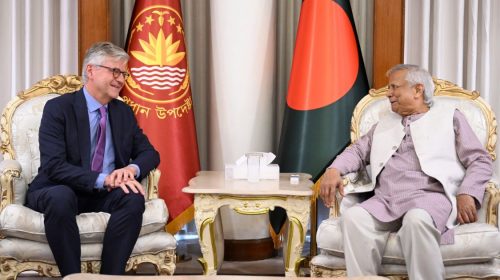Chief Adviser Professor Dr. Muhammad Yunus has called on Qatar to take a more proactive and influential role in ensuring the safe and dignified repatriation of Rohingya refugees to Myanmar. Speaking at a roundtable discussion on the second day of the Arthana Summit in Doha, Qatar, Dr. Yunus emphasized the urgency of resolving the prolonged humanitarian crisis.
The roundtable, titled “Social and Environmental Challenges of Forced Displacement: The Rohingya Issue”, brought together key stakeholders and policymakers. In his remarks, Dr. Yunus stated, “To initiate the safe return of the Rohingya, it is crucial to exert international pressure on Myanmar. Qatar, with its significant diplomatic influence, can play a leading role in this effort. Given the current geopolitical landscape, Qatar’s firm stance could be instrumental in addressing this crisis.”
He further urged Qatar to mobilize the Organisation of Islamic Cooperation (OIC) to take more active steps—both in securing humanitarian funding and in rallying international support for the repatriation process.
The discussion was attended by Foreign Affairs Adviser Md. Touhid Hossain, Energy Adviser Mohammad Faozul Kabir Khan, National Security Adviser Dr. Khallilur Rahman, and SDG Chief Coordinator from the Chief Adviser’s Office, Lamia Morshed.
Calling on the global community to stand for humanity, justice, and stability, Dr. Yunus said, “Let today’s discussion go beyond formality and mark the beginning of a meaningful partnership—one that places the Rohingya crisis at the top of our collective humanitarian priorities and works toward a sustainable solution.”
He warned that the prolonged stay of the Rohingya in Bangladesh is becoming increasingly unsustainable, both for the refugees and for the host country. Rising frustration among the refugees has led to increased criminal activity in the camps and attempts at illegal migration. “If the situation continues, it could threaten the security and stability of the entire region and undermine ongoing development efforts,” he cautioned.
Expressing concern over declining global attention, Dr. Yunus said, “Unfortunately, the rise of new conflicts around the world is slowly diverting international focus from the Rohingya crisis.”
Currently, Bangladesh hosts approximately 1.3 million forcibly displaced Rohingya from Myanmar, with around 32,000 newborns being added to this population each year. Dr. Yunus emphasized that Bangladesh has provided shelter purely on humanitarian grounds.
He reiterated, “Sustainable repatriation remains the only viable solution to this crisis.”
Stressing the importance of justice and accountability, he highlighted the ongoing efforts of the International Court of Justice (ICJ), the International Criminal Court (ICC), and the Independent Investigative Mechanism for Myanmar (IIMM) as crucial for ensuring justice for the atrocities committed against the Rohingya.
“Holding Myanmar and its officials accountable for crimes committed is essential,” Dr. Yunus concluded. “Only then can we rebuild the trust of the Rohingya people and create an environment conducive to their return to Rakhine.”




